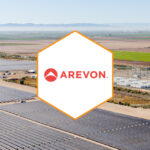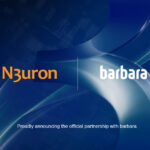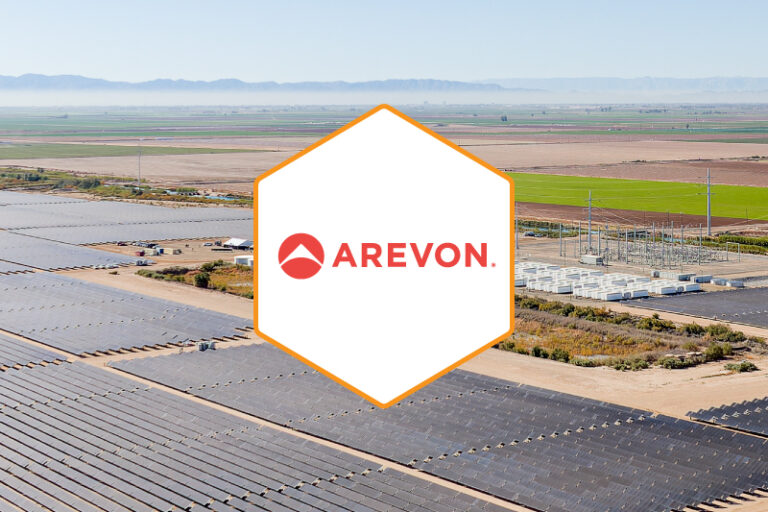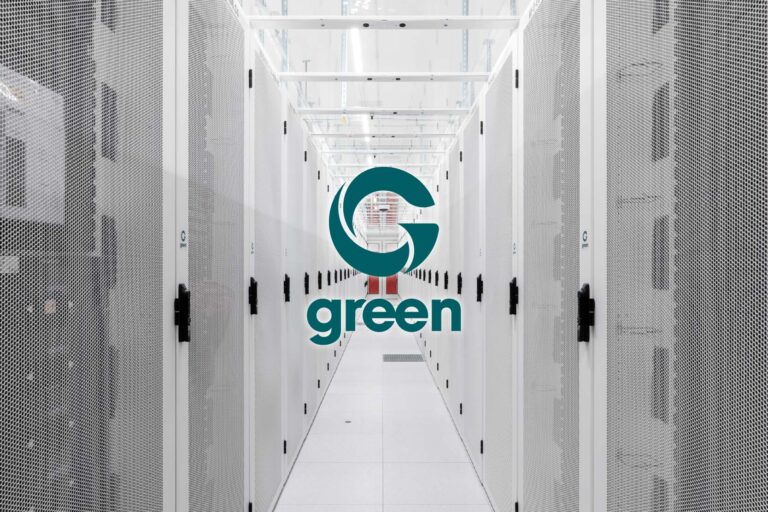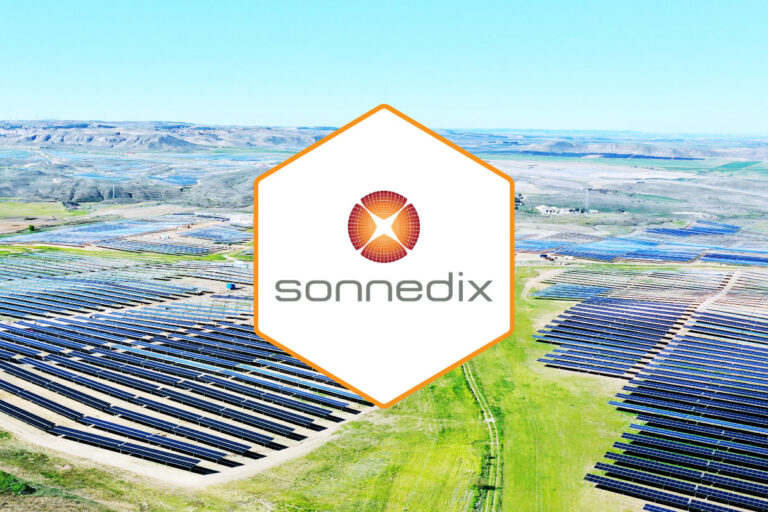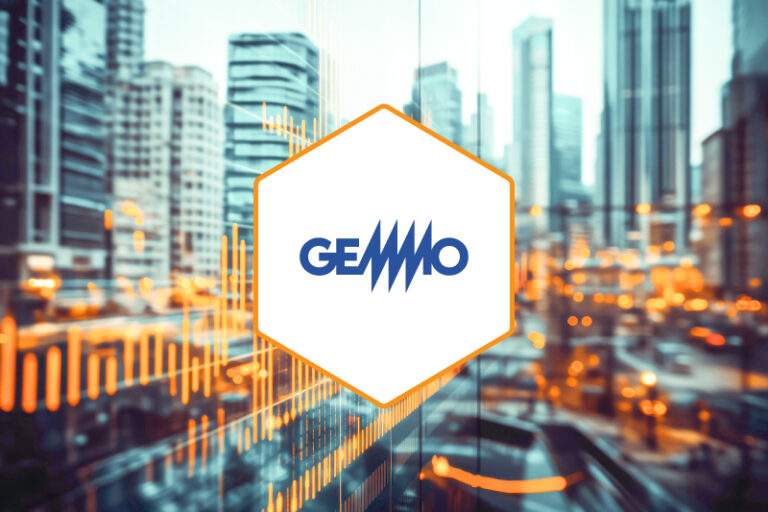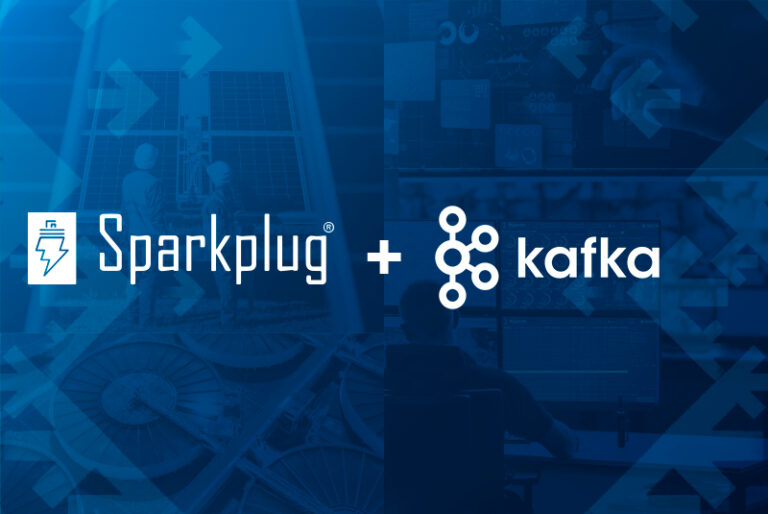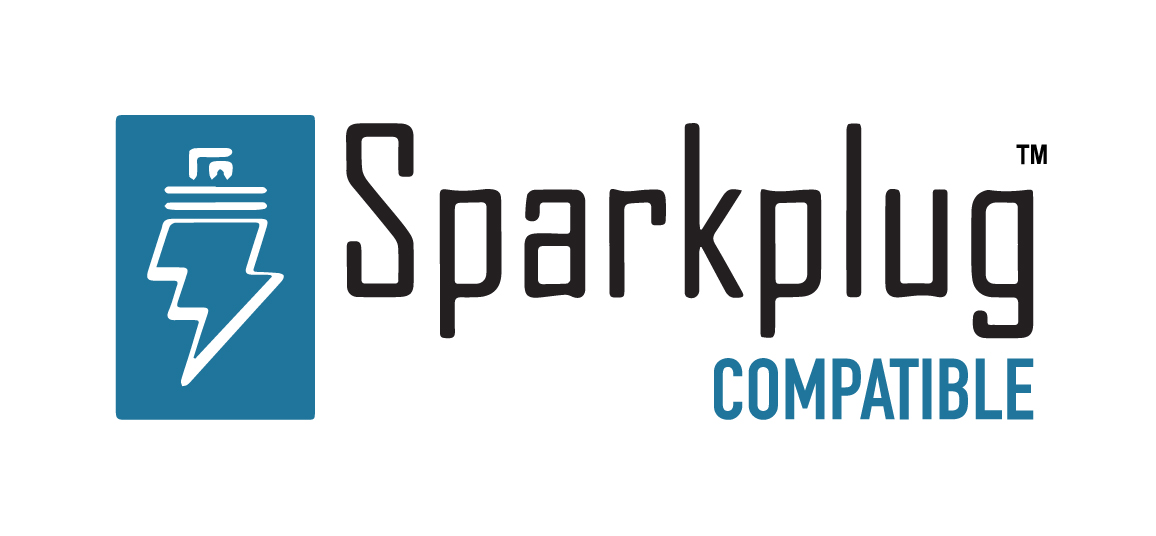RESOURCES / CASE STUDIES
Adani Green Energy Embraces Industry 4.0 with N3uron’s Industrial Edge Platform
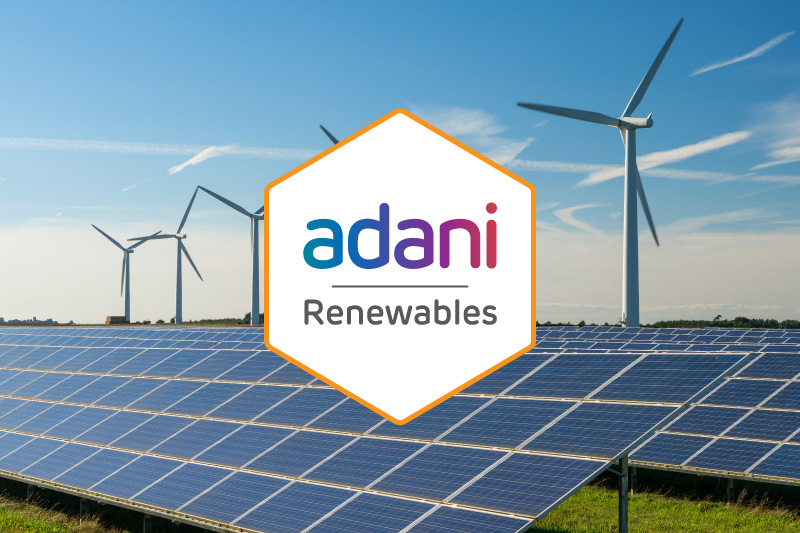
Adani Green Energy Limited (AGEL) is a leading Indian renewable energy company based in Ahmedabad, Gujarat. Owned by the Adani Group, AGEL has a current project portfolio of 20,434 MW (2023) and is committed to providing a cleaner and greener future for India.
According to the Adani Group’s ‘Growth with Goodness’ philosophy, AGEL develops, builds, owns, operates and maintains utility-scale solar and wind power plants. The company supplies electricity to government entities and corporations through long-term Power Purchase Agreements (PPAs) and uses the latest technologies to drive India’s energy transition.
The Challenge
As part of its digital journey, Adani Green Energy Limited (AGEL) sought to implement a software-based edge gateway solution to reduce the hardware footprint on the field, allowing Adani to seamlessly integrate its entire portfolio of current and future assets into the Adani Energy Network Operation Centre (ENOC), a cloud-based platform.
The goal was clear, AGEL aimed for centralized continuous monitoring and diagnostics of all their plants, as well as the implementation of best-in-class O&M practices in a reliable, easy-to-deploy, efficient, and cost-effective manner.
An industrial edge solution deployed at each of Adani’s plants would help achieve this goal by meeting several minimum requirements, such as seamless integration of legacy SCADAs with Adani’s existing systems and processes through the most extended IIoT communication protocols, real-time exchange of large amounts of operational data with the ENOC, scalability to accommodate future growth and technologies, as well as compliance with the strictest security standards.
“It was essential for us to have a system that provided us with more comprehensive information,” stated Dinesh Rathod Associate Manager-CoE-Technology at Adani Group. “We required a solution that was scalable, feature-rich, and reliable.”
Defining a Data Strategy
The first phase of the project involved establishing and fully implementing a well-designed data management strategy. As part of this strategy, AGEL defined three priorities, all supported by a wider adoption of cloud services: improving data management, improving data analysis, and expanding the use of all types of enterprise data, including streaming and unstructured data. To achieve these goals, AGEL evaluated several options and ultimately chose N3uron’s Industrial Edge Platform to help them implement its strategy. N3uron offered several key features that made it the ideal choice for Adani.
One of the reasons why Adani chose N3uron was that the platform implemented not only the most widely used OT protocols but also some others specific to the photovoltaic industry, which allowed for seamless integration with virtually any device or system on the plant, whether it was an inverter, a weather station, a power meter or a SCADA. This was crucial for Adani as in the initial deployment phases they had to face the challenge of integrating multiple equipment from different OEMs.
“N3uron securely connects devices and applications using open standards. With N3uron it’s incredibly easy to create data models, normalize and standardize tags and templates for various equipment, and add context to data that would otherwise lack descriptions”, said Dinesh Rathod.
Another factor that influenced Adani’s decision was N3uron’s affordable cost and unlimited licensing model together with its efficiency in hardware resource usage. “Not only is N3uron an affordable software, but it is also lightweight and efficient in terms of resource consumption. It can be installed on the same equipment where the plant SCADA is running, which saves us on hardware costs and simplifies the deployment and maintenance of the system”, stated Dinesh Rathod, “ In fact, a single node can seamlessly handle all the tags for a 600 MW plant.”
Other reasons that led Adani to choose N3uron included its template-based tag configuration. This feature allowed for the rapid onboarding of new solar and wind power plants using a fully standardized approach, helping Adani build complex data structures that were fully portable between different plants.
Additionally, N3uron’s Derived Tags module played a role in Adani’s decision. “Derived Tags have been extremely valuable for our plants. By using them to perform calculations and logic involving multiple data sources, we can analyze data closer to the source. This has helped us make more informed decisions and improve our operations”, said Dinesh Rathod.
Setting the Foundations
Adani implemented its digital strategy by deploying an architecture based on the Unified Namespace (UNS) concept. The adoption of the UNS is increasingly growing among companies due to its many benefits such as scalability, simplified integration, cost efficiency, improved agility, quality, and security. Essentially, the UNS eliminates data silos and serves as a single source of truth for all of a company’s data and information.
To set up the UNS, Adani chose to use MQTT. MQTT is the most commonly used messaging protocol for the Industrial Internet of Things (IIoT) and is well-suited for implementing a UNS due to its lightweight design, event-driven nature, and use of the publish-subscribe communication pattern. By deploying MQTT brokers in their cloud infrastructure, Adani was able to take advantage of the protocol’s efficient and low-overhead data transmission capabilities as well as to decouple data consumers from data producers. This allowed for seamless communication between devices and systems, while also improving the reliability and scalability of their architecture.
“Working with N3uron has been a game-changer for us. Their support team is always available to help us with any questions or issues we have. They were instrumental in helping us design and implement our architecture, and their flexibility in adding new features has saved us countless hours of development time”, shared Dinesh Rathod.
N3uron played a fundamental role in implementing the UNS at each plant by aggregating, normalizing, and structuring data from different sources according to a common hierarchy. The use of templates allowed for the encapsulation of tags and metadata in a standardized model.
“By extensively using N3uron templates and applying a specific naming convention, we have created a clear and organized hierarchy that helps us fully utilize our operational data across the entire organization. This enables us to quickly drill down to a specific piece of equipment at one location or compare similar equipment from different manufacturers”, said Dinesh Rathod.
Future-Proof and Flexible
N3uron has given Adani exactly what it needed. “Our new system has been designed with flexibility in mind. As we continue to expand our operations, we can easily scale the system to accommodate new assets and new data sources” said Dinesh Rathod, highlighting the system’s capabilities.
One of Adani’s biggest concerns when starting the project was not to incur technological debts that would prevent them from scaling due to interoperability problems in the future. “N3uron’s use of modern technologies and open standards ensures that our system is future-proof and able to meet the challenges of tomorrow. We are confident that our enhanced capabilities will enable us to continue to drive efficiencies and improve our bottom line.”
Significant improvements in decision-making processes have been achieved since the implementation of the system. “Easy access to more data than ever before, has enabled our analysts to perform complex analytical tasks that were previously too time-consuming or difficult to undertake. This has resulted in more efficient decision-making processes and faster, more informed decisions”, shared Dinesh Rathod. “We have reached a level of asset performance and utilization that was previously impossible. Our real-time monitoring capabilities from anywhere enable us to quickly identify and resolve issues before they can impact operations.”
Since 2021 Adani has deployed the Edge Platform in over 100 plants. As they continue to incorporate new features, Adani is currently exploring the addition of machine learning capabilities at the edge to further enhance their operations.


